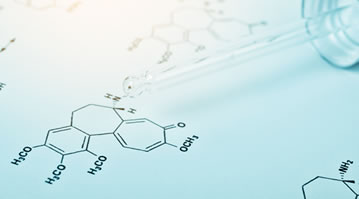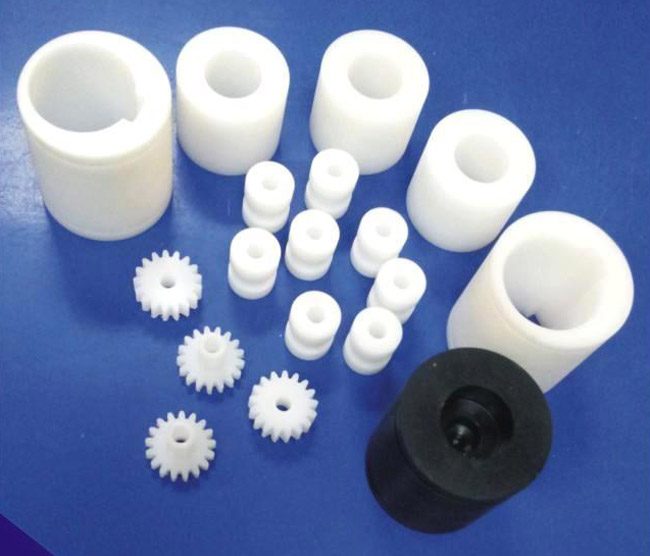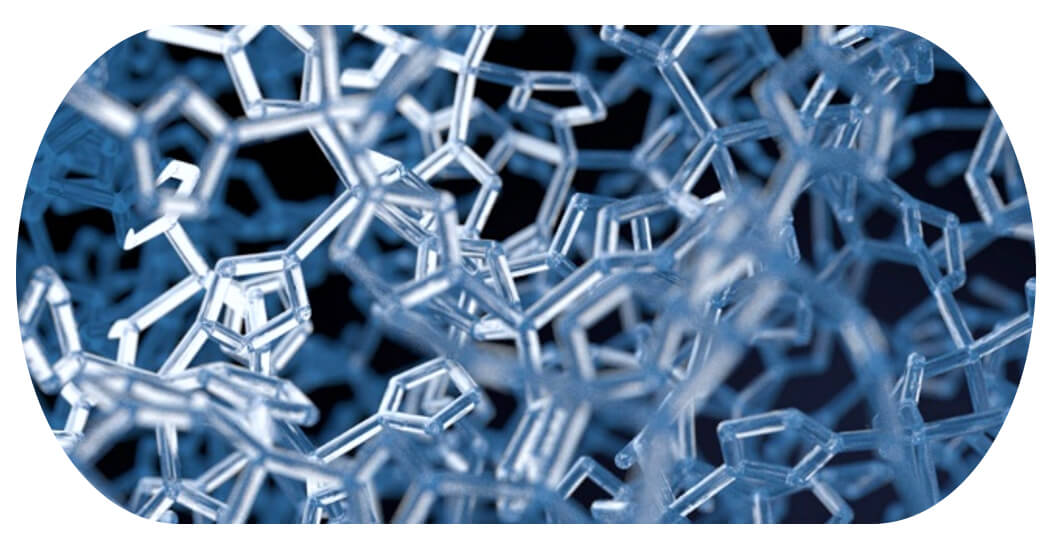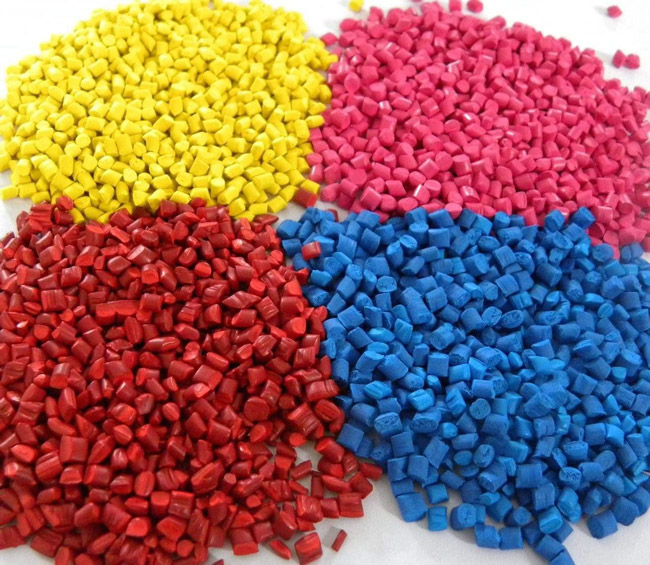Overview:
Niax A-501 is bis(dimethylaminoethyl) ether also known as Catalyst A1, Catalyst A-1, BDMAEE. 70% bis(dimethylaminoethyl) ether in dipropylene glycol solution, strong foaming catalyst, the domestic industry usually refers to it as Catalyst A-1 or A1. A1 catalyst is mainly used in the production of flexible polyether-based polyurethane foam, but also in rigid foam for packaging. A1 is particularly strong on water A1 has a particularly strong catalytic effect on water and therefore reduces the density of the foam. It is about 80% effective in controlling the reaction of gas generation and about 20% effective in controlling the reaction of gelation. The catalyst has high activity and low dosage. Adjusting the dosage of this series can control the foaming rise and gel time.
Product Description
Niax A-501 is bis(dimethylaminoethyl) ether, also known as catalyst A1, catalyst A-1, BDMAEE. It is a dipropylene glycol solution of 70% bis(dimethylaminoethyl) ether, a strong foaming catalyst, which is usually referred to as catalyst A-1 or A1 in the domestic industry. A1 catalyst is mainly used in the production of flexible polyether-based polyurethane foam, and can also be used in rigid foam for packaging. A1 has a particularly strong catalytic effect on water and therefore reduces the density of the foam. It is about 80% effective in controlling the reaction of gas generation and about 20% effective in controlling the reaction of gelation. The catalyst is highly active, the dosage is low, and adjusting the dosage of this series can control the foam rise and gel time. A1, when shared with organotin catalyst, can make the production of foam significantly more forgiving, ensuring the production of high quality flexible foam without unnecessary quality problems caused by careless handling or minor errors in the metering system. A1 catalyst is widely used in various formulations for the manufacture of polyurethane foams and is particularly suitable for the production of high resilience, semi-rigid foam and low density foams.
Bis(dimethylaminoethyl) ether, abbreviation: BDMAEE
Alias: Bis(dimethylaminoethyl) ether, catalyst BDMAEE, foaming catalyst BDMAEE, BDMAEE, Dabco BL-19, Niax A-501, Jeffcat ZF-20, Lupragen N205, PC CAT NP99, Addocat 9558, Toyocat ETS, foaming catalyst Polyurethane foaming catalyst
English name: bis(2,dimethylaminoethyl)ether; 2,2'-oxybis(N,N-dimethylethylamine)
Molecular formula: C8H20N2O
CAS No.: 3033-62-3
Physical and chemical properties:
Appearance is light yellow transparent liquid, can be infinitely soluble in water, water solubility is alkaline.
Viscosity (25℃): 1.4mPa.s
Density (25℃): 0.85g/cm3
Flash point: 64-68℃
Freezing point: below -70℃
Boiling point: 189℃
Vapor pressure (21℃): 37Pa
Ignition point: 160℃
Appearance is light yellow transparent liquid, infinitely soluble in water, aqueous solution is alkaline, PKa1=10.1, PKa2=7.6. viscosity(25℃)1.4mPa.s,density(25℃)0.85g/cm3, flash point 64-66℃, combustion limit 1.0%~5.1%.
Product specification
Product Catalyst A-501 is light yellow transparent liquid at room temperature, soluble in water; viscosity(25℃): 4.1mPa.s; density(25℃): 0.902g/cm3; flash point(PMCC): 74℃; vapor pressure(20℃): 1.3Pa; boiling range: 186-226℃.

Package
Packed in clean, dry, sealed and leak-free special plastic drums with a net weight of 20kg/25kg/180kg per drum.
Storage and transportation
When transporting Catalyst, it should be strictly protected from rain and staining, carefully and gently stored to prevent leakage from collision with hard objects. When storing Catalyst, it should be stored at room temperature in a ventilated and dry warehouse, avoiding humid environment, and the storage temperature should be kept below 25℃, avoiding sunlight as much as possible, and away from water and heat sources. To prevent moisture absorption and oxidation, it is recommended to fill the container with nitrogen.
Shelf life
Under proper storage conditions, the shelf life is 6 months from the date of manufacture, after which the product can be used after retesting.
Safety Information
Catalyst is somewhat toxic and should be rinsed with soapy water promptly after contact with skin. Staff can wear eye protection or safety glasses for the purpose of eye protection. Eye wash and drenching equipment should be provided near the workplace. When working in places where contact with the product is possible, attention should be paid to personal hygiene and the skin in contact with the product should be washed with washing products before eating, smoking and leaving the workplace.
Leak handling
Stop spills as much as possible while ensuring safety. If a minor spill is found, treat it with sand or other absorbent material and place it in a clean, dry container for subsequent disposal. If a large spill occurs, the spilled material should be collected for subsequent disposal. Avoid entering groundwater or surface water as the material is not readily biodegradable. All collected spilled material should be disposed of in accordance with local environmental regulations.
Disclaimers
The information and technical advice provided above has been obtained from our reliable sources, however, we make no express or implied warranties with respect to the data provided and make no promises herein. If our products are to be used, we recommend that they undergo a series of tests. The application, use, processing or production of products based on the technical information provided by us is beyond our control and therefore these responsibilities are the responsibility of the user. The condition and method of handling, storage, use or disposal of this product is beyond our control and may be beyond our knowledge, and in no event will we be liable for loss, damage or costs associated with the improper handling, storage, use or disposal of this chemical. For more information, please review the technical safety sheets for our products or contact our marketing services department.
Uses:
Promotes the reaction of hydroxyl functional groups with NCO
Safety Information:
Catalyst is somewhat toxic and should be rinsed promptly with soapy water after contact with skin. Staff may wear eye protection or safety glasses for eye protection purposes. Eye wash and drenching equipment should be provided near the workplace. When working in places where contact with the product is possible, attention should be paid to personal hygiene and the skin in contact with the product should be washed with washing products before eating, smoking and leaving the workplace.
Shelf life.
Keep unopened,two years
Storage and transportation:
Should be kept sealed and stored in a dry, cool and ventilated warehouse
Packaging:
200KG/drum Storage: It is recommended to store in dry and cool area with proper ventilation. Please fasten the lid as soon as possible after the original packaging to prevent the mixing of other substances such as water and other substances from affecting the product performance. Do not inhale dust and avoid skin and mucous membrane contact. Smoking, eating and drinking are prohibited in the workplace. After work, shower and change clothes. Store contaminated clothes separately and wash them before use. Maintain good hygiene habits.
Technical support and business contacts E-mail:sales@newtopchem.com




















Comments